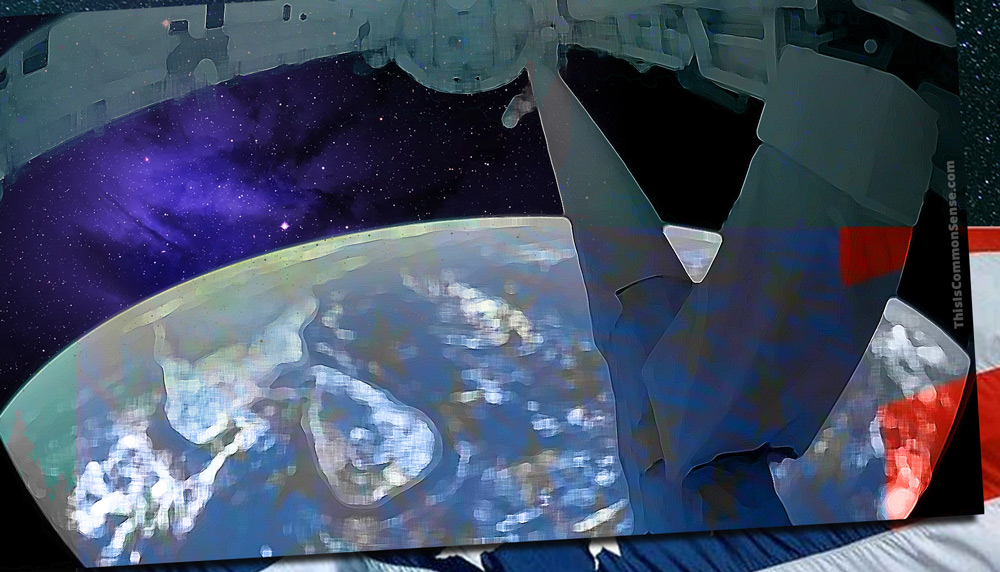A Space.com news story indicates a big problem and a new role for government — or industry.
“The Infra-Red Calibration Balloon (S73‑7) satellite started its journey into the great unknown after launching on April 10, 1974 through the United States Air Force’s Space Test Program,” writes Meredith Garofalo. “While in orbit, the original plan was for S73‑7 to inflate and take on the role as a calibration target for remote sensing equipment. After this failed to be achieved during deployment, the satellite faded away into the abyss and joined the graveyard of unwanted space junk until it was rediscovered
It’s a complicated story; the satellite never really worked properly. Which raises the space junk problem.
The biggest polluter is governments. Space agencies. And the corporations contracting to put up satellites. And the military that puts stuff up we know
“[A]s more and more satellites head into space,” explains Garofalo, “the task will become even greater to know what exactly is out there and what threats that
When Trump boasted of creating the Space Force in 2019, a lot of people scoffed. I didn’t.*Somebody’s got to do the dirty work, and it does look like Space Force personnel see an important role to be filled, that of garbage men in orbital space. Since the more than 20,000 objects in orbit — and their associated random debris — were put there by governments, maybe governments should clean it up.
The future of space industry could be hampered, should the problem continue to grow — though, in the end, it may be industry that will take over the task. After all, space litter’s more dangerous than most
This is Common Sense. I’m Paul Jacob.
* Also, in no small part, because ceding outer space to China and Russia seems like a bad idea.
Illustration created with PicFinder and Firefly
See all recent commentary
(simplified and organized)
See recent popular posts



